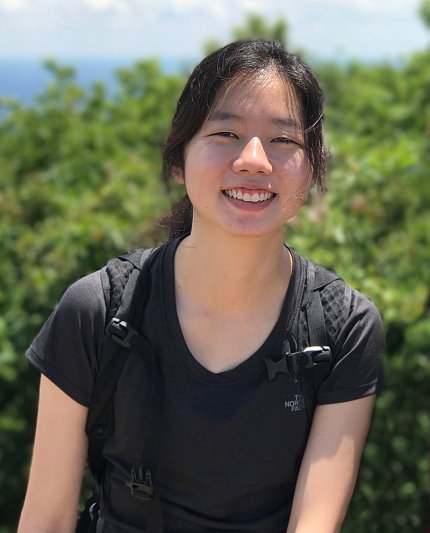NIH Mourns Loss of Postdoctoral Fellow Park

Dr. Sang-A Park, 27, a postdoctoral fellow at the National Institute of Dental and Craniofacial Research, was hit by a car at about 5:30 p.m. on Monday, Jan. 22. She was taken to Suburban Hospital, where she died about 4 hours later.
“Clearly, like so many of our researchers, [Park] was a talented scientist with much to contribute,” said NIH director Dr. Francis Collins, in an email to employees on Jan. 23. “I am deeply saddened by this tragedy. Our heartfelt thoughts and prayers go out to Dr. Park’s family, friends and colleagues.”
Park, a native of South Korea, had come to NIH in October 2016 as a visiting fellow in NIDCR’s mucosal immunology section. She had earned a B.S. (2007), M.S. (2011) and Ph.D. (2013) at Ewha Womans University’s College of Pharmacy in Seoul, South Korea. Her field of study was TGF-beta signaling and its crosstalk with other pathways in breast cancer stem cells post-chemotherapy.
In January 2017, she was accepted into a fellowship program supported by the Korean Research Institute of Bioscience and Biotechnology.
At Park’s funeral, Dr. Bob Angerer, NIDCR scientific director, said, “I did not know Sang-A well, but I wish I had…She had a passion for science and for understanding how the world works. One of my colleagues remarked that she was often in the building at night—she told her parents that she didn’t want to go home at night because she was having so much fun in the lab.”
He continued, “Sang-A proved to be the kind of young researcher all mentors look for—a ‘self-starter’ who took the lead in her project and delighted in discussions about interpretation of results and plans for the next experiment. It usually takes several years to produce a significant paper, but after only a little over a year, Sang-A had finished almost all the work for her first first-author paper. That paper, and others to follow from projects to which she contributed, will be a permanent record for this outstanding young scientist.”
Added Angerer, “Everyone I have heard from speaks of her cheerfulness, her positive approach to life and to science and her willingness to help and support others. We offer our deepest sympathy to her family for the loss of their remarkable daughter and thank them for sharing her with us.”
Park’s lab chief, Dr. Wanjun Chen, noted, “Dr. Sang-A Park worked on an important project of understanding how a group of immune cells named Th9 cells are generated. Th9 cells have been recently demonstrated to have anti-tumor activity. Her work will help us understand and potentially develop therapy for human patients with cancer…She was a truly outstanding scientist and one of the best fellows I have trained so far.”
With the help of the NIH Korean Scientists Association, the Foundation for Advanced Education in the Sciences has established a memorial fund in Park’s name. To make a voluntary contribution, visit https://faes.org/content/donate-faes and choose Park Memorial Fund in the donation form.
